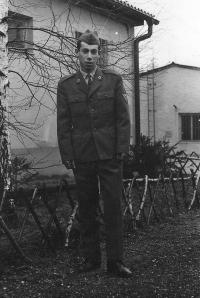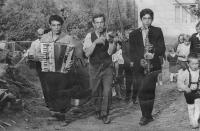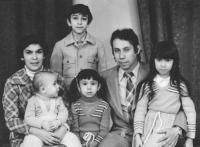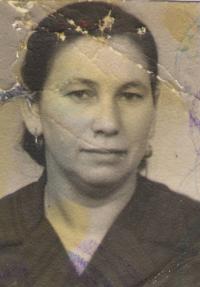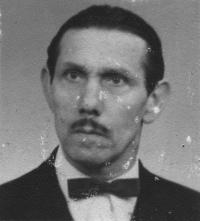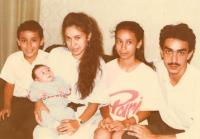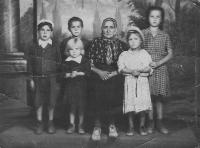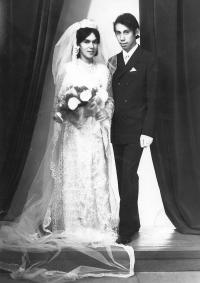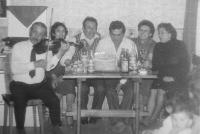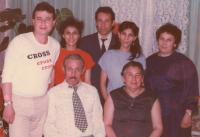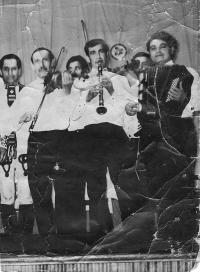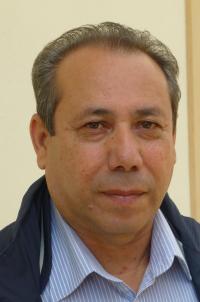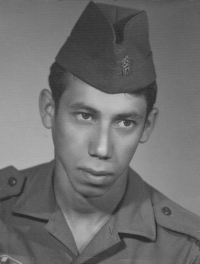I am a Roma but I was born in Slovakia. I received training and I have worked for this society for 45 years. I want my children to be able to say this.

Download image
Ľudovít Petík was born in 1952 in Ražňany village (district Sabinov) to the family of an excellent musician and a mason. His father came from a famous musical family whose family tree’s origins are in Chmiňany village. Ľudovít Petík’s father played violin since he was 15 years old in roma bands in Prešov and Sabinov cafes, balls, weddings etc. Ľudovít Petík had í siblings (the oldest sister dies as a child before Mr. Petík was born). First four years of elementary school he completed in the village and the four years in Sabinov. Afterwards he went to training school with apprenticeship at LIAZ state-company in Jablones nad Nisou, however, in 1968 after the invasion of Czechoslovakia he returned to the eastern Slovakia. In Prešov he finished the vocational training school with apprenticeship at ZVL state-company. Afterwards he married Jolana (née Holubová) and they raised 5 children. He completed the obligatory military service and started to work at ZVL company as a truck-driver until 1988. The he was transferred to the public transportation company in Prešov as a bus driver. He kept this job until his retirement in 2014. Ľudovít Petík has been actively engaged in the Roma civil and political activities in Prešov. After the 1989 revolution he was one of the founders of the Democratic Union of Romas and he became a member of the disciplinal committee in the city council of Prešov. He also ran for member of the city council office. Ľudovít Petík has been joining cultural Roma activities regularly. His children and grandchildren have finished secondary education. On top of that most of them have also received musical education and they have been keeping the family musical tradition.
